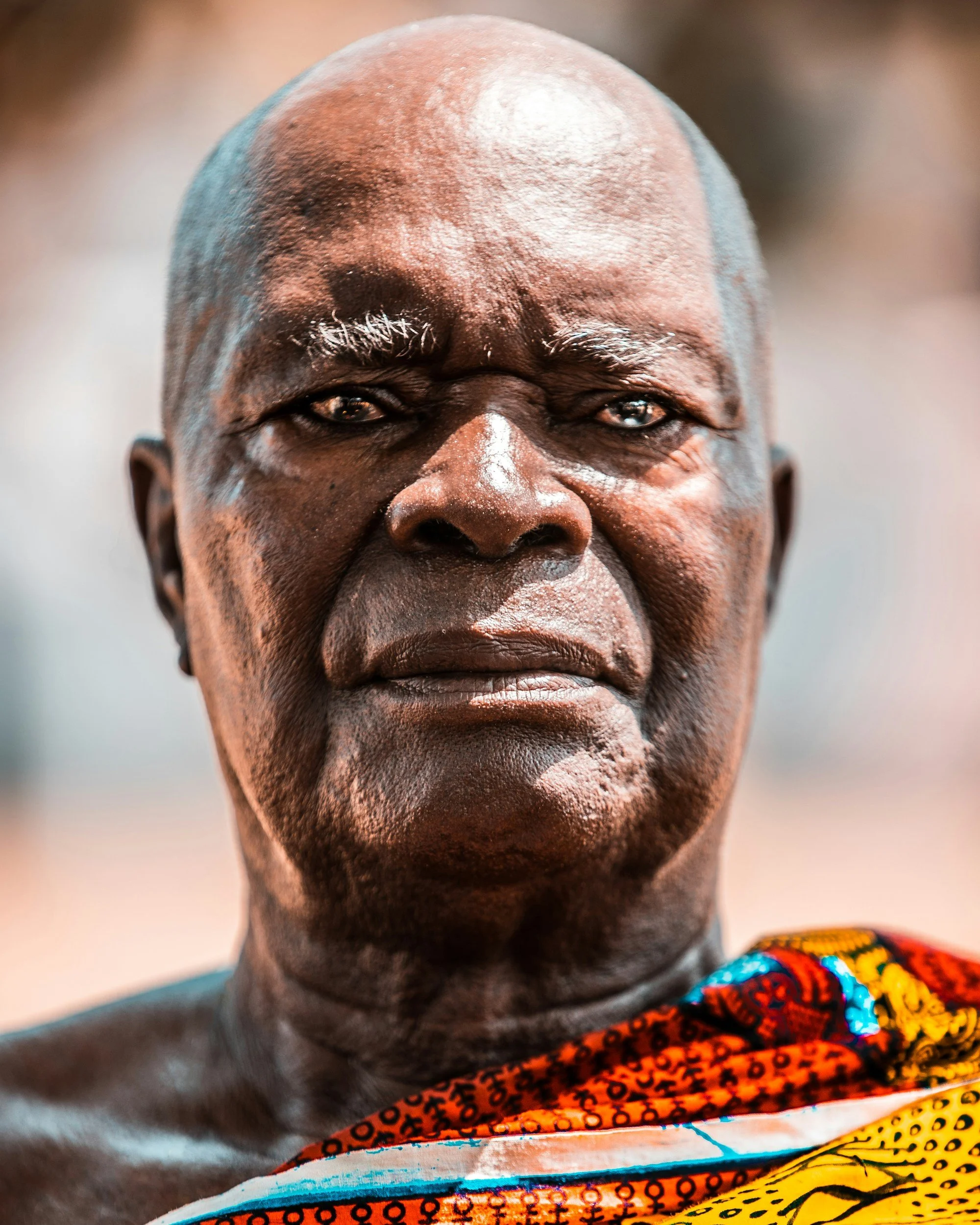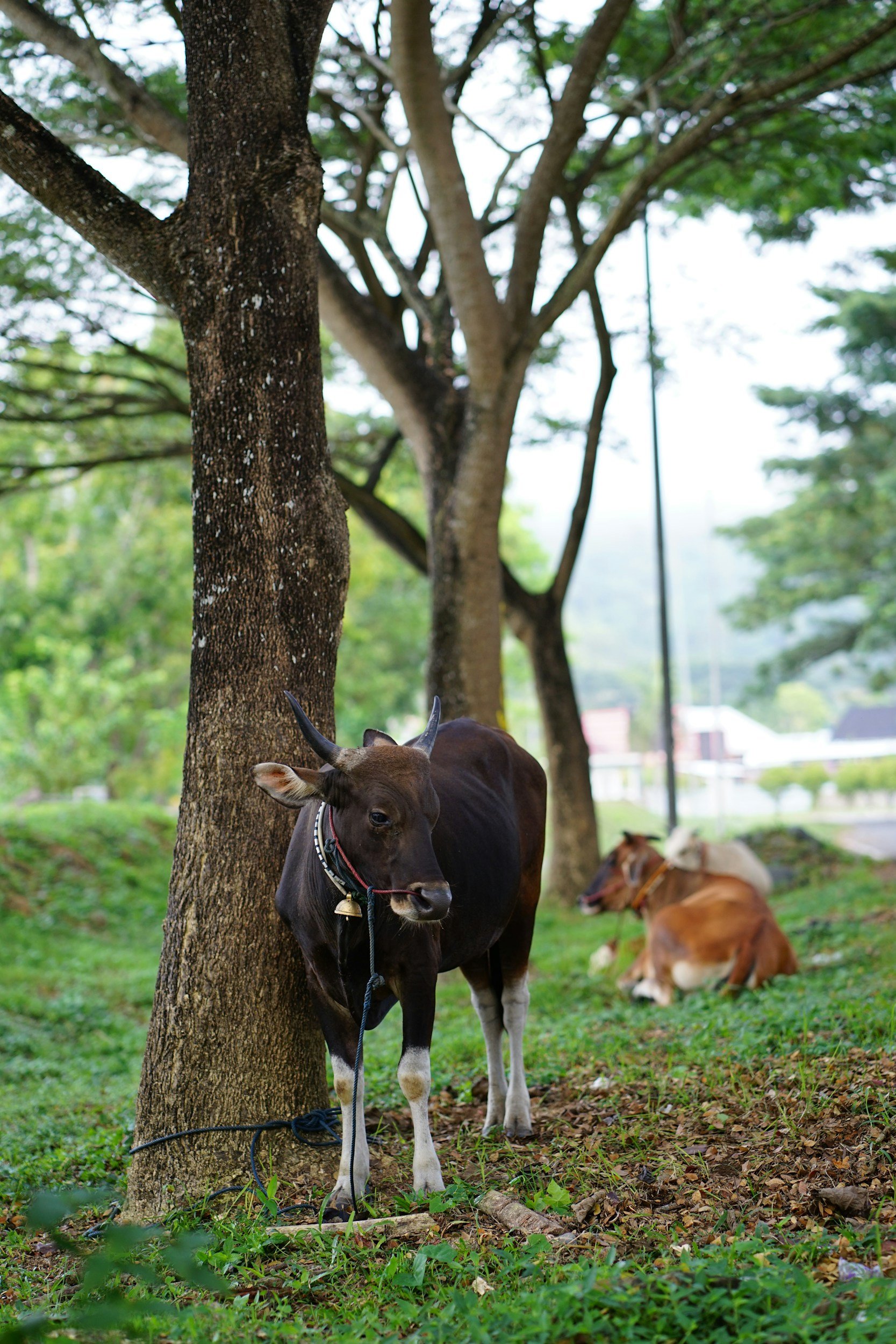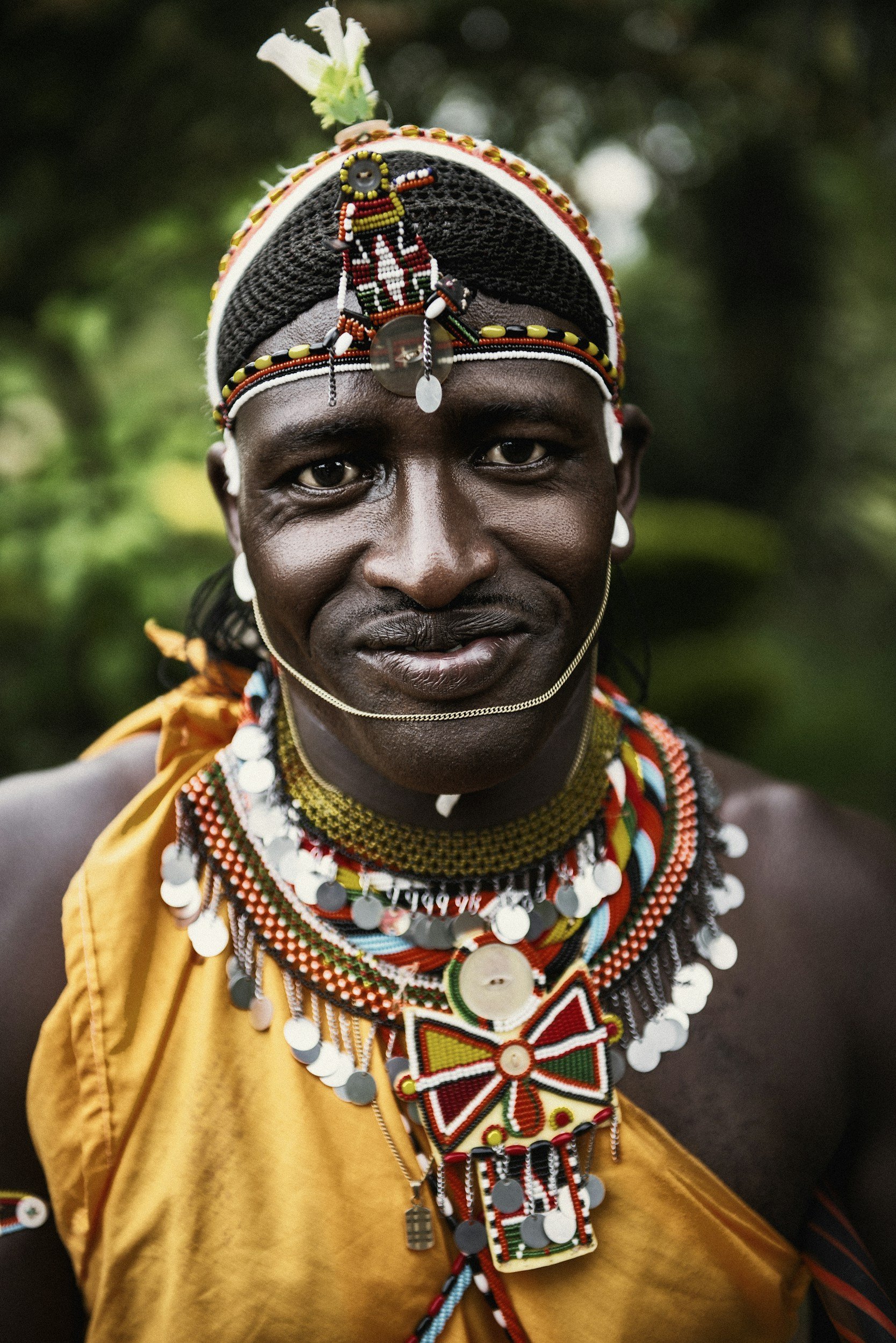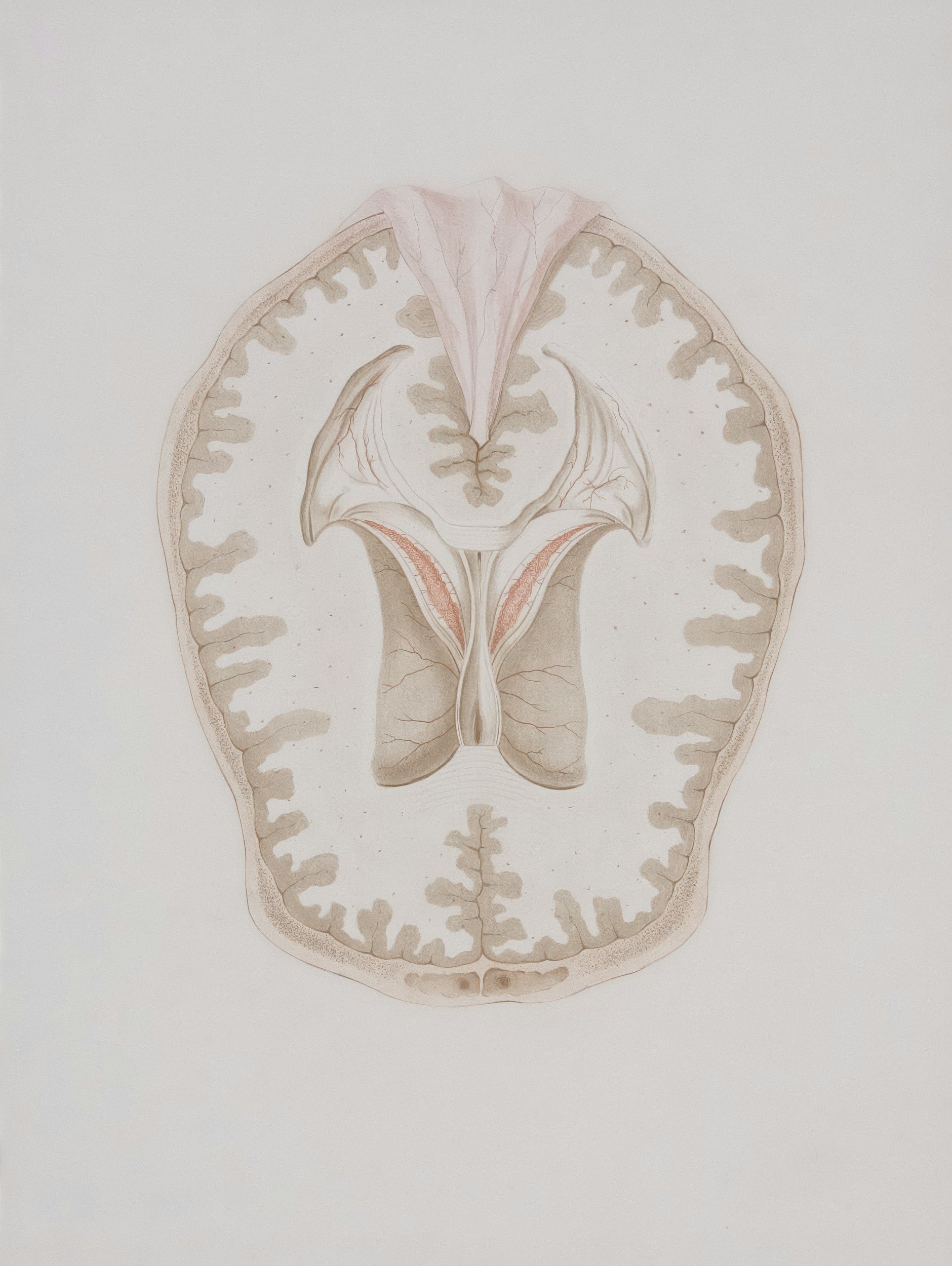4 Spiritual Technologies Used by Ancient Igbo Ancestors
Some of our ancient Igbo ancestors possessed a deep and complex spiritual tradition that integrated both the natural and supernatural worlds. These traditions included what we have chosen to describe as "spiritual technologies"—practices and abilities that allowed them to interact with the spiritual realm in wonderful ways. These practices, passed down through generations, provided Ndi Igbo with tools to navigate the metaphysical aspects of existence, interacting with energies and capabilities that are still esoterically revered in many Igbo communities today.
In this post, we will highlight four of these fascinating spiritual technologies: Ekili (teleportation or astral travel), Iba Abuo (bilocation), Iyi Anu (Shapeshifting), and Ilo Nro (Advanced Dreamwork and Lucid Dreaming).
4 Spiritual Technologies Used by Ancient Igbo Ancestors
Ekili: Teleportation or Astral Travel: Ekili refers to the ability to travel beyond the physical body, either by teleportation or through what is now commonly known as astral travel. In Igbo cosmology, the human spirit (referred to as "mmuo") is not confined to the physical body. With proper training, certain people—usually spiritual practitioners, Dibias, or those with innate gifts—could project their consciousness (including their physical bodies) across vast distances.
This form of travel was not limited or restricted by physical boundaries. For example, a practitioner could visit distant locations, communicate with ancestors, or gather information from the spiritual realms (Ojenammuo). This ability was particularly useful for seeking guidance, protecting the community, or performing rituals that required the presence of the Dibia or practitioner in very distant or multiple places at once.
Ekili was mostly employed in times of crisis, where the spiritual leader or Dibia needed to gain knowledge or insight from faraway places or otherworldly beings. The practice also played a role in warfare, where warriors could project their spirits into enemy territories to gather intelligence or cause confusion.
Iba Abuo: Bilocation: Iba Abuo is the spiritual technology of bilocation—the ability to be present in two places simultaneously. In Igbo spirituality, the concept of the dual nature of existence is central. The physical body is but one aspect of a person's being; the spiritual essence can occupy different spaces at the same time. This ability was considered a sign of advanced spiritual development and was usually possessed by diviners, priests, or highly spiritual persons.
Bilocation was used for a variety of purposes, such as attending to spiritual duties in one location while simultaneously being physically present in another. For instance, a spiritual leader or Dibia might be performing a ritual in one village while his spiritual essence is present in another, offering guidance or protection.
This ability underscores the Igbo understanding of the fluidity of time and space and the multidimensional connection between all things. The ability to bilocate also suggests a mastery of the spiritual plane, where the constraints of the physical world no longer apply.
Ihi Anu or Iyi Anu: Shapeshifting: Shapeshifting, or the ability to transform into another form, is a well-documented aspect of many African spiritual traditions, and the Igbo practice is no exception. In Igbo mythology and folklore, shapeshifting was a skill possessed by both humans and deities. This ability allowed them to transform into animals (mmadu igho anumanu), elements of nature, or even other humans.
Shapeshifting was mostly used as a means of protection or disguise. For example, a warrior or hunter might transform into a leopard or other powerful animal to gain an advantage in battle or during a hunt or to protect family property. Dibias or spiritual practitioners could also use this ability to connect more deeply with nature, to heal, or to communicate with animals.
In some cases, shapeshifting was a way to navigate the spiritual and physical realms simultaneously. Taking on the form of an animal, allowed a practitioner to travel unnoticed, gather information, or escape danger. The ability to shapeshift also symbolized a deep connection with the natural world and the spiritual mastery over one’s own physical form.
Ilo Nro: Advanced Dreamwork and Lucid Dreaming: It’s worth noting that dreamwork played and still plays a significant role in Igbo spiritual practice. Dreams were seen as a direct link to the spiritual world, offering guidance, warnings, and messages from the ancestors or spirit guides. Advanced practitioners could engage in lucid dreaming, where they were fully aware and in control within their dreams, this allowed them to perform tasks, communicate with spiritual entities, or seek answers to pressing questions.
In this state, the dreamer could access hidden knowledge, travel to other realms, or even influence the physical world. Dreamwork was sometimes integrated with other spiritual technologies, such as Ekili, to improve the practitioner's abilities and serve as practice ground.
To Sum It Up
The spiritual technologies of ancient Igbo ancestors reveal a deep understanding of the metaphysical world which they possessed. These practices—Ekili (teleportation or astral travel), Iba Abuo (bilocation), Iyi Anu (Shapeshifting), and Ilo Nro (Advanced Dreamwork and Lucid Dreaming)—were practical tools that allowed them to interact with the spiritual realm in powerful and meaningful ways. Contrary to popular belief, the knowledge systems that allowed Igbo ancestors interact with the universe in those ways remain present with us.
These abilities demonstrate the richness of Igbo spiritual heritage, showing that reality extends beyond the physical and that with the right knowledge and practice, humans can transcend the limitations of the material world. Regardless of how these practices are seen, be it as metaphorical or literal, they continue to inspire and intrigue modern minds, offering a glimpse into the infinite spiritual wisdom of Igbo people.





























